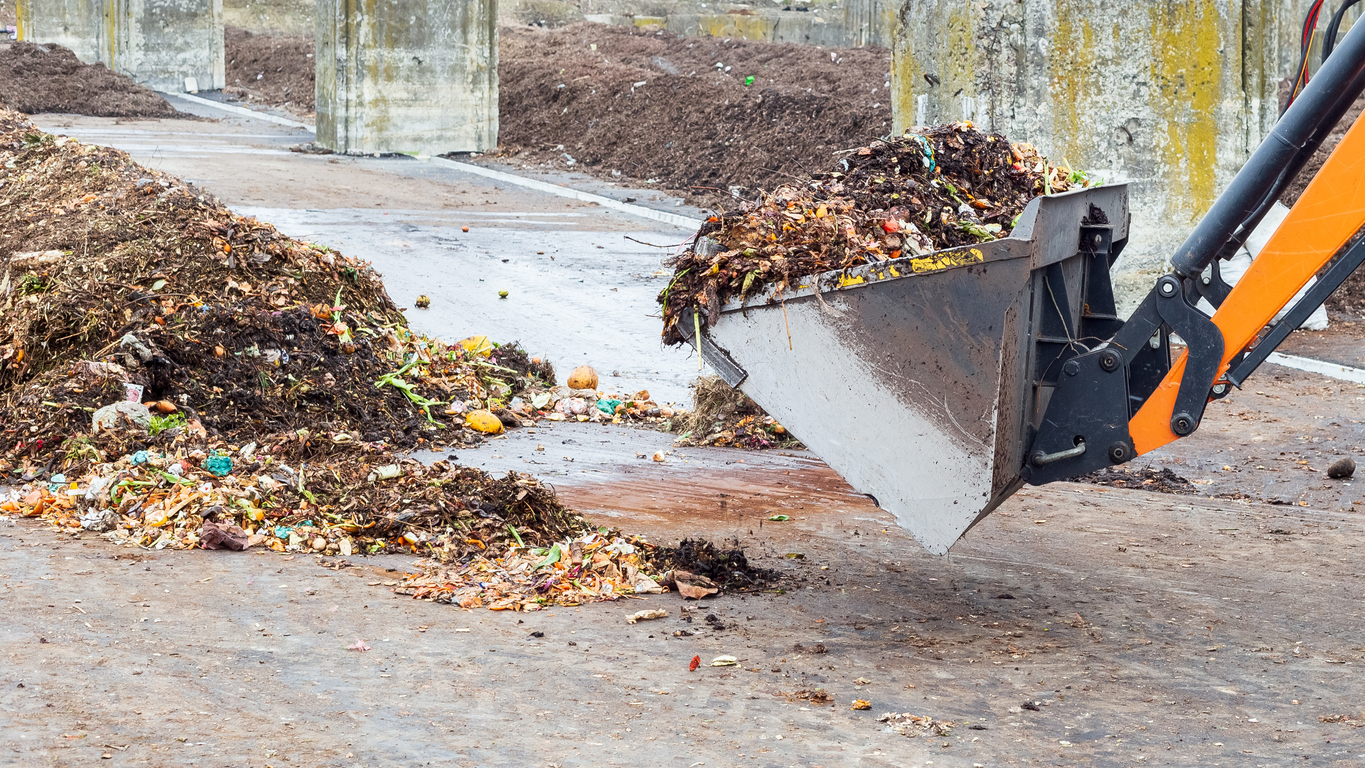The Ultimate Guide To Waste Management In Nigeria
The Ultimate Guide To Waste Management In Nigeria
If there’s one thing that the people of Nigeria have, it’s the creativity to find new ways to pollute and waste our environment. In a country with such rich natural resources, you would think that the Nigerians would find ways to harness them instead of letting their land be polluted by their own negligence. But for now, Nigeria is a country where solid waste management is still an alien idea. From plastics in our rivers and streams to every corner of Lagos being covered in unENDupENDed litter, the state of waste management in Nigeria isn’t looking healthy or sustainable. There are many cities that have implemented successful waste management programs from recycling programs to implementing waste separation and processing facilities. If you’re interested in knowing more about what these cities are doing right and how you can implement those same techniques in your city, keep reading for more information on becoming more efficient with your waste management.
What is Waste Management?
Waste management is the process of collecting and treating waste materials that cannot be reused. This can be anything from paper waste to food waste to medical waste. Waste management includes the collection, transportation, processing (including treatment and disposal), and monitoring of waste to prevent health risks. Waste management is a broad term that is used to describe a variety of activities that occur at the local, state, national, and international levels. The UN has a comprehensive definition of waste management, which includes the following: – Management of wastes, which covers all aspects of the handling of wastes from their inception to their final disposal, including, collection, transportation, transfer, and disposal of wastes, and the implementation of regulation and control, such as licensing and the imposition of penalties, to prevent or minimize the harmful effects of wastes on the environment, public health, and safety. – Waste prevention, which refers to all actions designed to reduce the amount of waste generated, and to encourage the re-use of waste materials that have already been generated. The objective is to reduce or eliminate the need for waste disposal altogether. – Source reduction is the preferred option, where waste is reduced at the source of generation by preventing the production of waste in the first place, or by re-using or recycling waste materials. Source reduction is a key aspect of sustainable development.
Why is Waste Management Important?
Waste must be properly managed or it can cause several problems for both humans and the environment. Without proper waste management, there can be an increase in rodent and insect populations that can spread diseases and pose health concerns for humans. Waste can also pose a threat to nearby ecosystems if it is not disposed of properly. Many types of wastes, such as organic wastes, contain nutrients that can be harmful to ecosystems if they are improperly managed. For example, organic wastes can contribute to eutrophication, or an increase in the amount of nutrients in a water system. Eutrophication harms the diversity of aquatic life by producing harmful algal blooms that decrease the oxygen in the water and create a toxic environment.
What is the current state of waste management in Nigeria?
The state of waste management in Nigeria is dire. Waste management is not a priority for most cities, making the people suffer greatly. There are no proper disposal facilities for waste, and the government does not have any plans to implement them in the near future either. Research has shown that only 32% of households have access to waste disposal services, leaving the rest to dispose of their waste in whatever way they can. This results in unENDupENDed litter in every city and town in Nigeria. It’s also responsible for the massive amounts of water pollution as people throw their waste into the nearby waterways.
The Benefits of Solid Waste Management
If you don’t already know, one of the biggest benefits of solid waste management is cleaner water. There are many places in Nigeria that are facing a clean water crisis with the polluted rivers and streams. With proper waste management, you can reduce the amount of pollutants in the waterways and increase the amount of drinking water available to the people. Another benefit of solid waste management is healthier soil. When you have unENDupENDed litter, it is full of bacteria and other harmful substances that can leach into the soil and pollute it. Waste management prevents this from happening and keeps the soil healthy for plants and trees to grow.
How to Implement Solid Waste Management in Nigeria
The first step towards proper waste management is to separate your waste into organic, recyclables, and non-recyclables. Organic waste is any food waste, paper or cardboard, yard or garden trimmings, and animal or human hair. This waste can be composted and used to fertilize the garden. Recyclables are any paper, plastic, or metal items. These items should be placed in bins marked “recyclables” to be properly disposed of. Once you’ve separated your waste into these categories, you can take it to a nearby recycling center or organic waste disposal facility and drop it off there. These facilities will take your waste, process it, and use it. Paper is usually turned into paper products, plastic items are turned into other plastic items, and organic waste is turned into compost. No matter where you live in Nigeria, you can implement these methods right away. All you have to do is put your waste into different bins and take it to a recycling center. The government should help with the rest by creating laws and policies that require businesses to recycle and proper waste management.
Conclusion
Nigeria is a beautiful country with tons of potential and resources, but it’s going to be hard to harness those resources if the state of waste management remains the same. When you don’t properly dispose of your waste, it can pollute your waterways and soil, posing a threat to both ecosystems and human health. It is important to implement proper waste management in your city so that you can prevent the spread of disease and keep your environment clean and sustainable. There are many ways to do this, but it all begins with source reduction.








LEAVE A COMMENT
You must be logged in to post a comment.